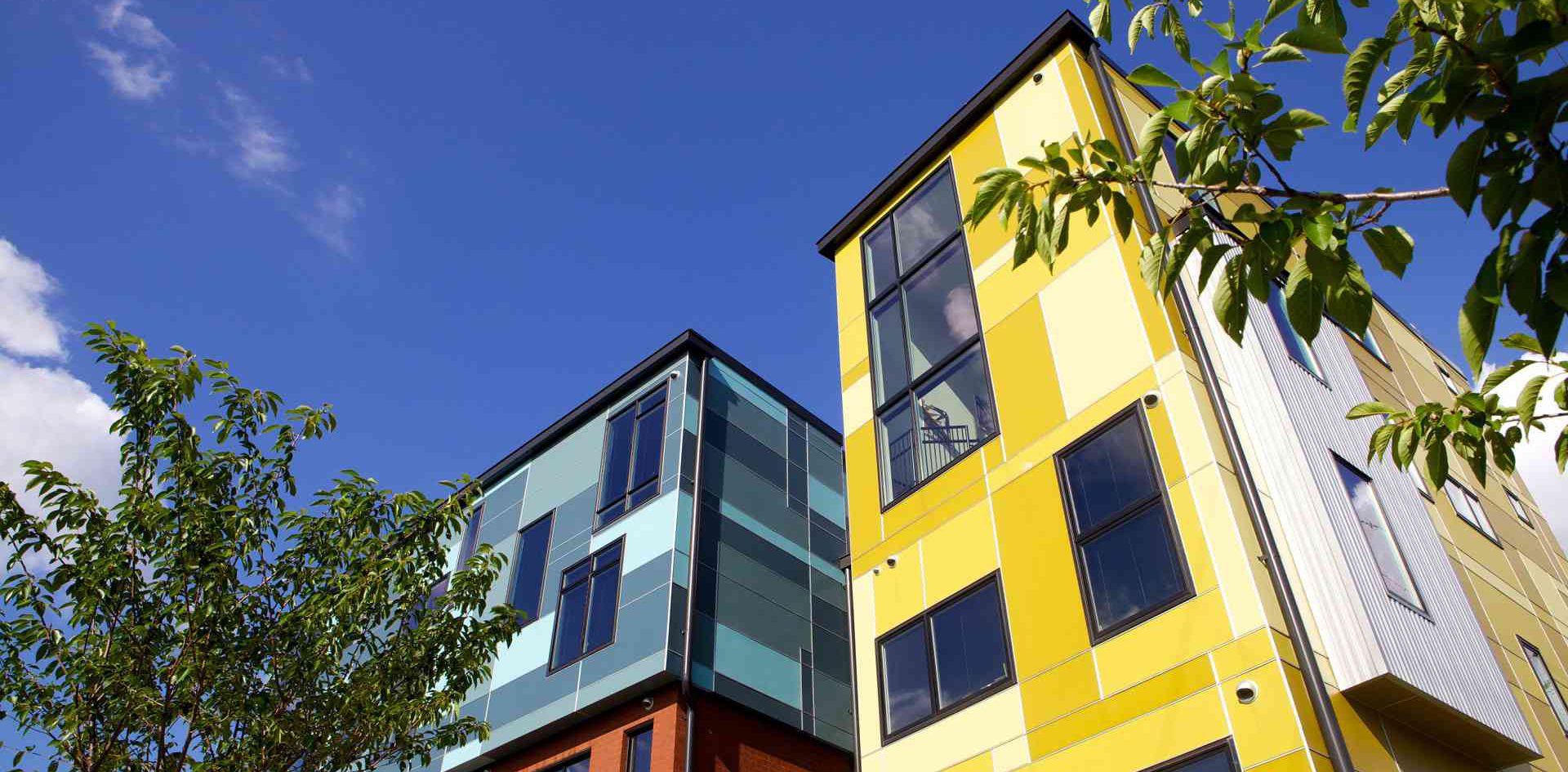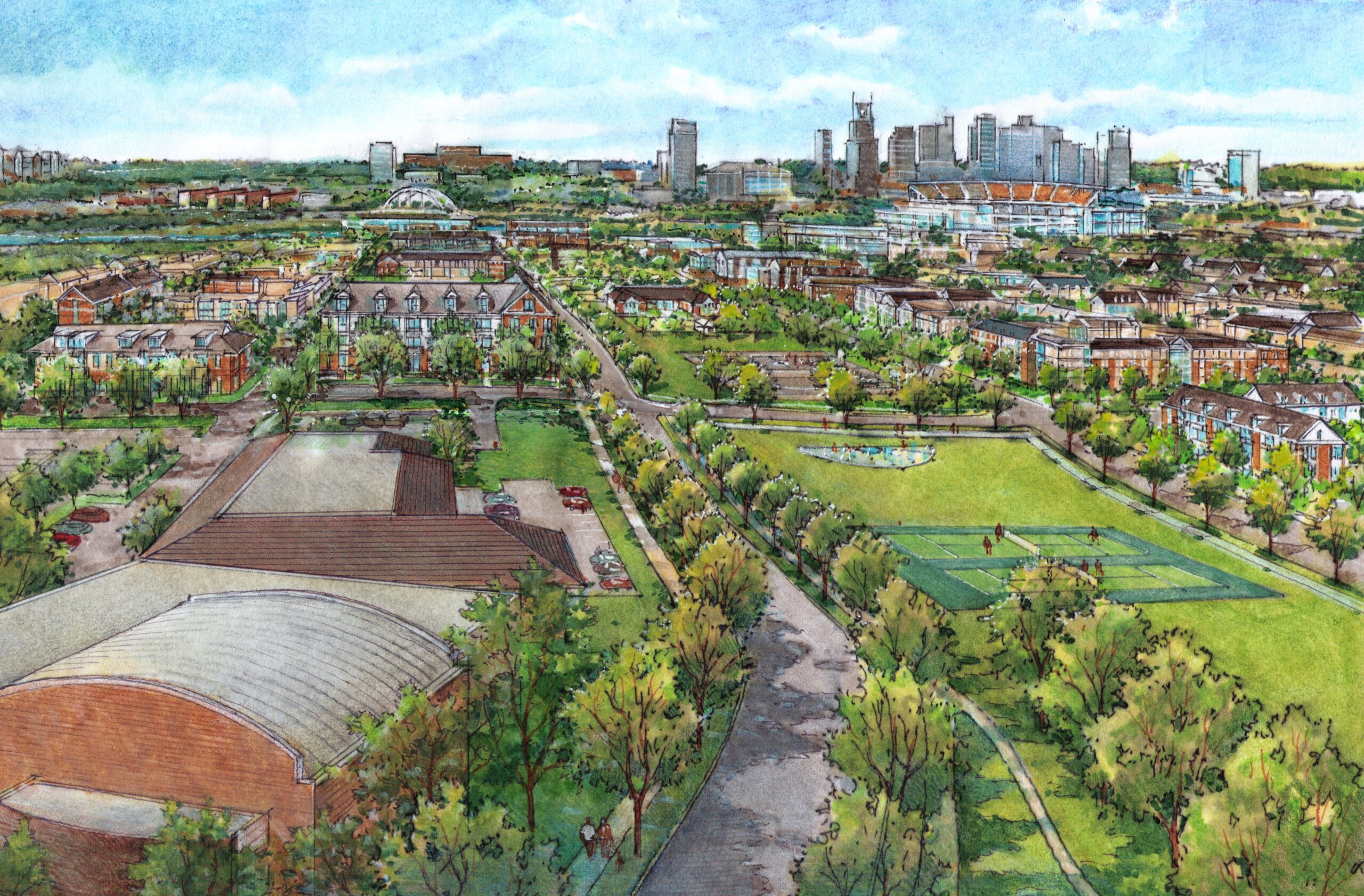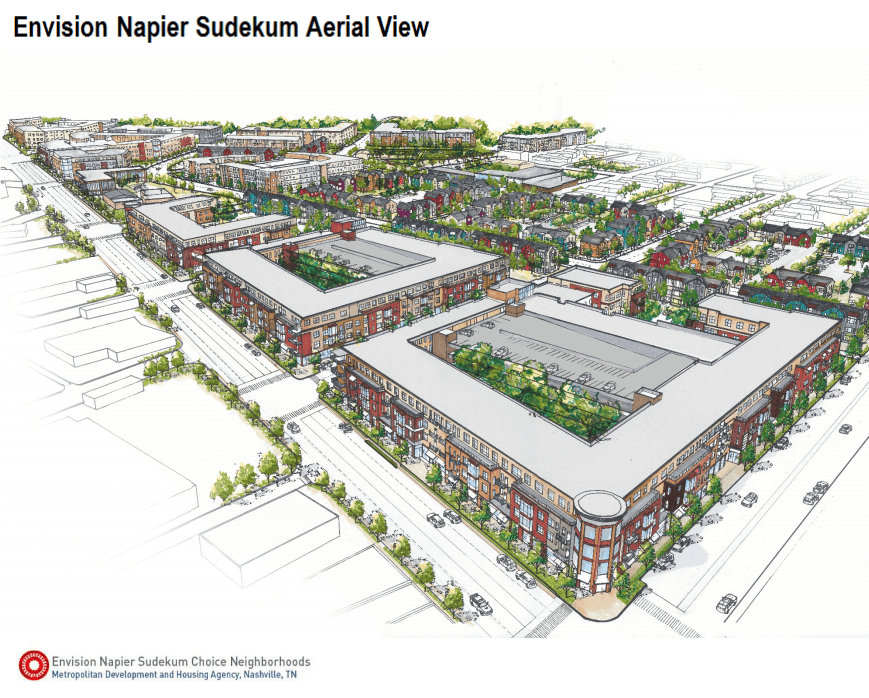MDHA has long been a partner in the development of Nashville. From administering multiple redevelopment districts and working to improve downtown housing options to transforming formerly industrial space and developing world-class recreational and entertainment facilities, MDHA’s Urban Development Department remains involved in shaping Nashville as a major urban center. Some notable projects MDHA has been involved in include the Second Avenue Rebuild, Bridgestone Arena, Nissan Stadium, Music City Center, Music City Walk of Fame, Schermerhorn Symphony Center, Viridian and Encore residential high-rises, streetscaping and high-rises in the Gulch, Nashville Public Library, Frist Center for the Arts and Fifth Avenue of the Arts.
The Department also manages the Agency’s Payment in Lieu of Taxes (PILOT) program, which was first approved by Metro Council in 2016. The program provides up to 10 years of significant property tax relief to developers who have been awarded a Low-Income Housing Tax Credit (LIHTC) through the Tennessee Housing Development Agency (THDA). These financial incentives encourage new construction and substantial rehabilitation by developers to expand the supply of affordable multi-family housing in Davidson County.
Urban Development Initiatives
MDHA’s Payment In Lieu of Taxes (PILOT) program is a financial incentive designed to encourage new construction and substantial rehabilitation of affordable multi-family housing in Metropolitan Nashville-Davidson County.
Nashville’s redevelopment districts are established to ensure the use and long-term viability of the urban areas that they encompass. In keeping with its mission, MDHA’s administration of the districts aims to strategically reverse disinvestment and blight and promote redevelopment that is sustainable from economic, environmental, aesthetic, public safety, and historic preservationist perspectives.
Tax increment financing (TIF) is made available for certain development projects to induce positive redevelopment within MDHA Redevelopment Districts. Additional consideration is given to projects with public open space greenspace and other sustainable activities.
For some redevelopment districts, guidelines have been adopted that are tailored to foster particular architectural forms and development patterns in some of Nashville’s urban neighborhoods.
The Design Review Committee meets at 9 a.m. on the first and third Tuesday of every month at 35 Peabody St.
View public records and documents, including Annual and Financial Reporting from MDHA and the Tax Increment Finance Program.
Because MDHA serves as lead developer for the city, the Metropolitan Government of Nashville and Davidson County and Metro Planning asked MDHA to increase their role in the efforts to include managing the design and construction for the Second Avenue Rebuild on behalf of Metro.
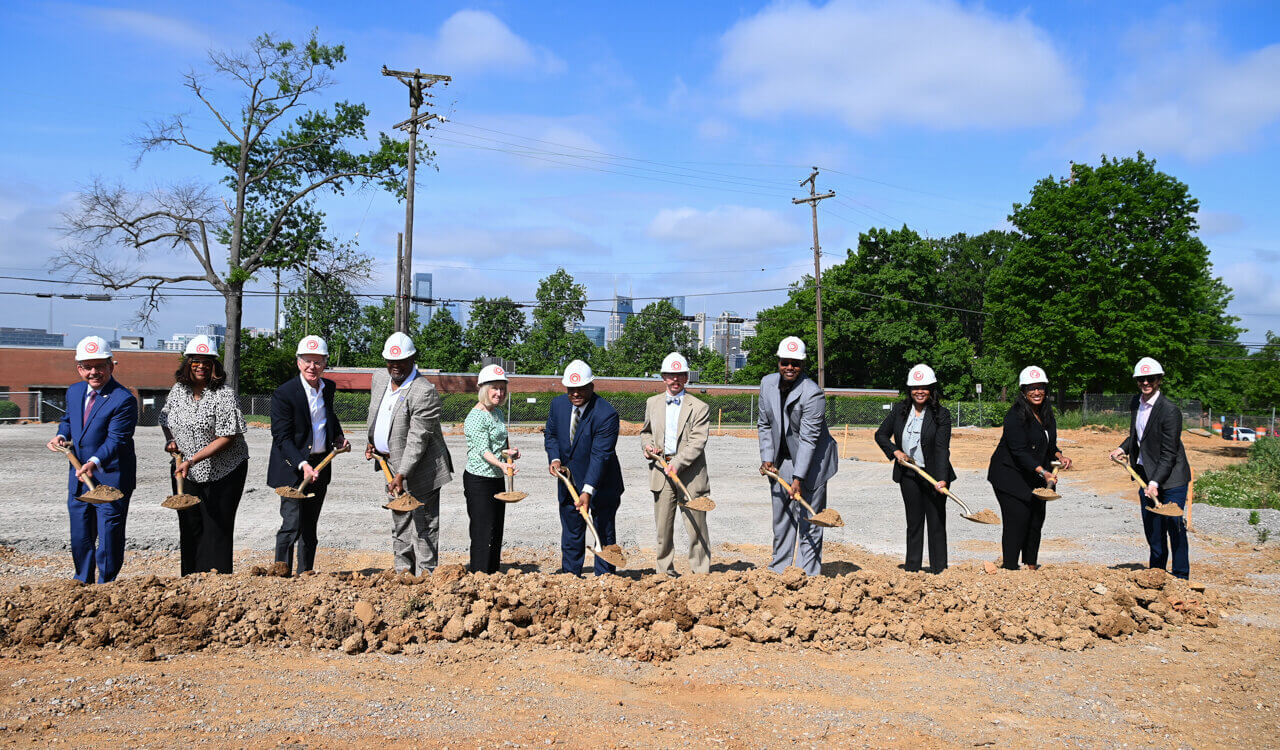
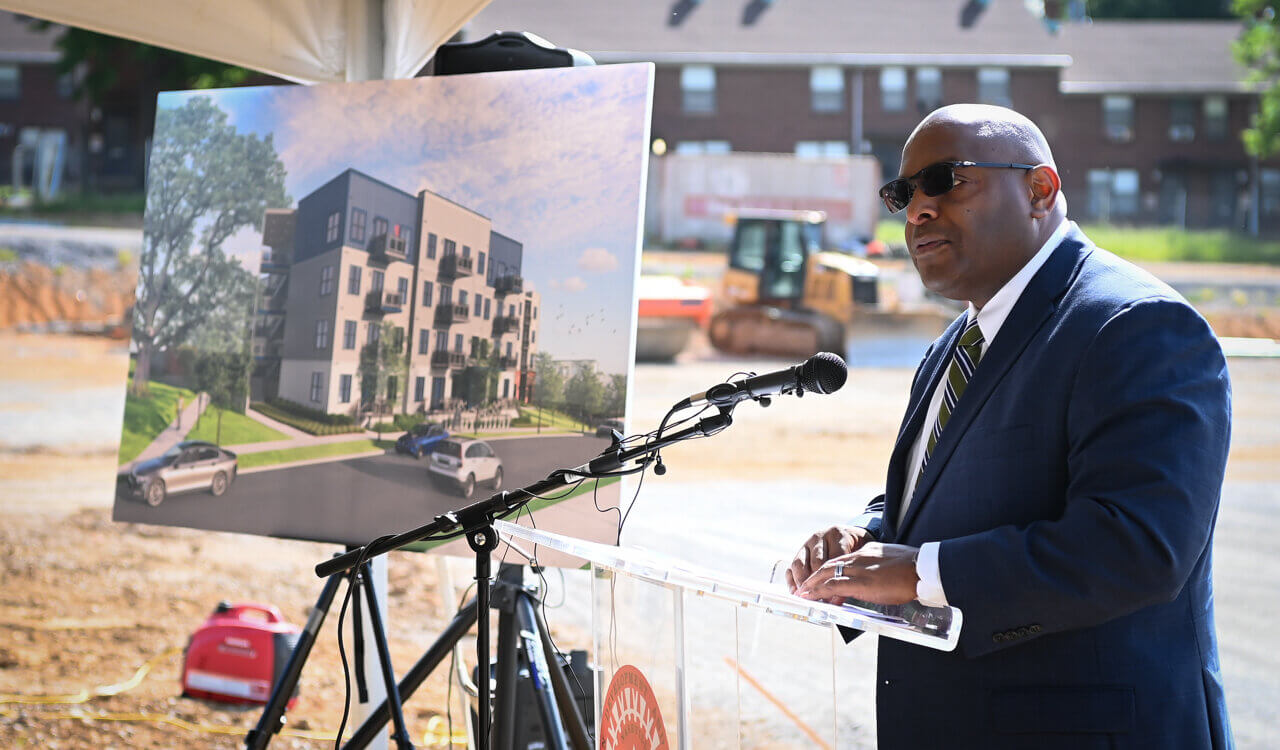
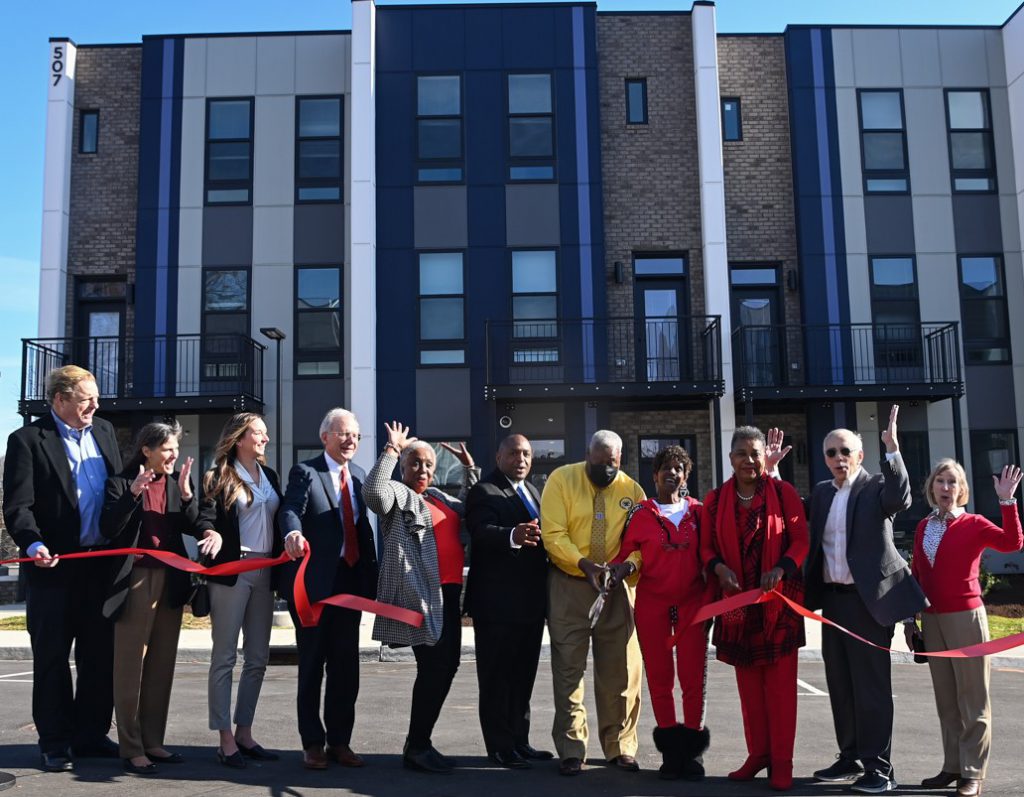
Construction Initiatives
The Urban Development Department is responsible for monitoring and compliance for the Agency’s service and construction contract activities, including new construction, modernization, development and approved Metro capital improvement projects. The department also is responsible for implementing, monitoring and enforcing the Agency’s Comprehensive Plan for Modernization, Diversity Business Enterprise (DBE) and Section 3 programs.
View all procurement opportunities currently offered by MDHA, as well as bids that are under review, or those that have been recently awarded.
The mission of MDHA is to provide minority, women, small, and service-disabled veteran business enterprises with fair and equal accessibility to all its procurement opportunities. Collectively we refer to these businesses as “Diversity Business Enterprise (DBE).” MDHA is committed to increasing the participation in all aspects of its’ contracting of purchasing programs, including but not limited to procurement of equipment, construction and development projects, and professional services.
The Section 3 program requires that recipients of certain U.S. Department of Housing and Urban Development (HUD) financial assistance, to the greatest extent feasible, provide job training, employment and contracting opportunities for low- or very low-income residents in connection with projects and activities in their neighborhoods.
